Making a million dollars in a year sounds impossible to most of us, but Mike Black—known as @mikeblack on Instagram and YouTube—decided to prove it could be done from scratch. The self-made entrepreneur gave up his money, home, business contacts, and safety net in a bold challenge he called the Million Dollar Comeback.
In July 2020, Black walked away from everything familiar. He wanted to show that anyone could bounce back, even from absolute zero, inspired by friends who’d lost their businesses and livelihoods during the pandemic.
"I knew a lot of people who lost everything during the pandemic and they got really depressed. I even had a friend that lost a $10 million business overnight,"
— Mike Black via Nas Daily
From day one, he filmed the whole journey. At first, he considered sleeping on benches. Then, a stranger with an RV gave him a temporary place to stay. He hustled to make his first $300 by reselling furniture, then scraped together enough to buy a computer and secure an office.

Early momentum built quickly: Black shared business tips, side hustle ideas, and his behind-the-scenes struggles with his growing audience.
But four months in, life threw him curveballs that no amount of planning could fix. His father was diagnosed with stage 4 colon cancer. Quietly, Black was fighting his own battle too—two autoimmune diseases left him exhausted and in pain, though he kept filming without revealing the extent of it.
Despite these setbacks, he managed to earn $64,000 before his body finally gave out. With just two months left, he ended the challenge early.
"I have officially decided to end the project early. Now, as much as it hurts me to do this, especially with just two months left, I feel like it's the right thing to do,"
— Mike Black, 2021 video
In his final updates, Black thanked his followers for sticking by him through every up and down.
"We have been through a lot together. We laughed and cried together. We walked miles together and spent late nights in the office, working super hard when no one else was watching."
The project didn’t reach the million-dollar finish line, but it revealed something more important: how quickly real life can change priorities. For Black, family and health outweighed any social experiment.
- YouTube www.youtube.com
Today, Black continues to share insights on resilience, business, and life on his YouTube and Instagram channels.
This article originally appeared earlier this year.





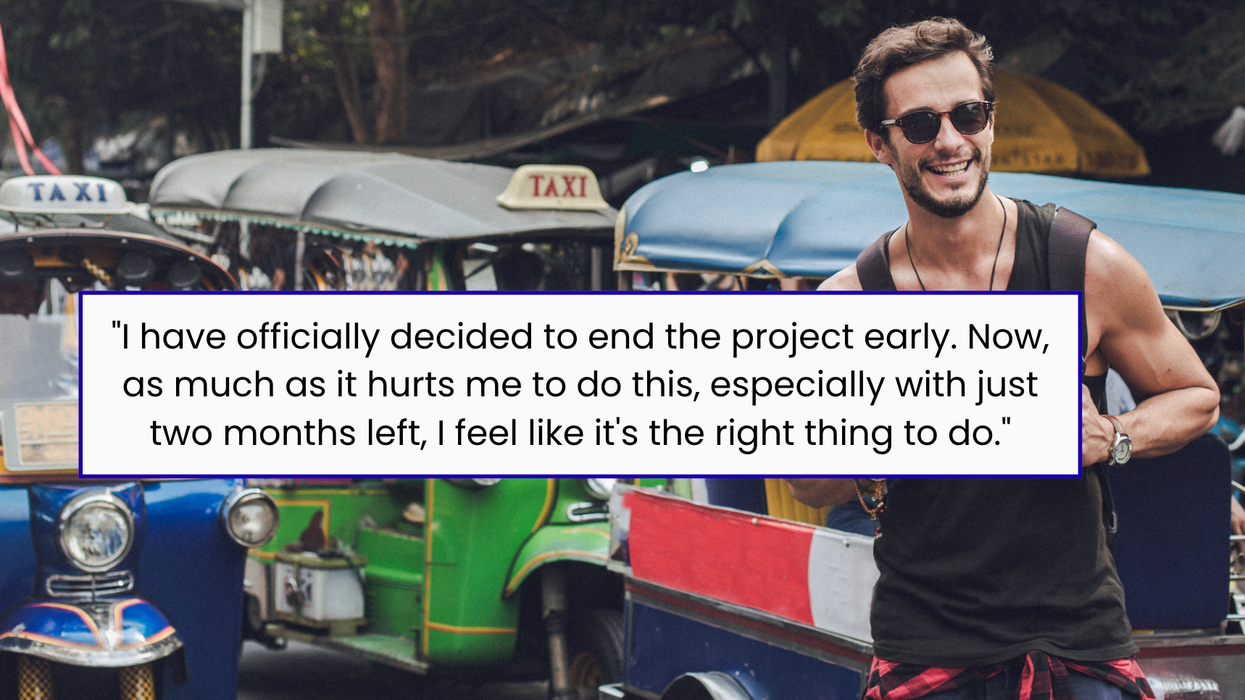



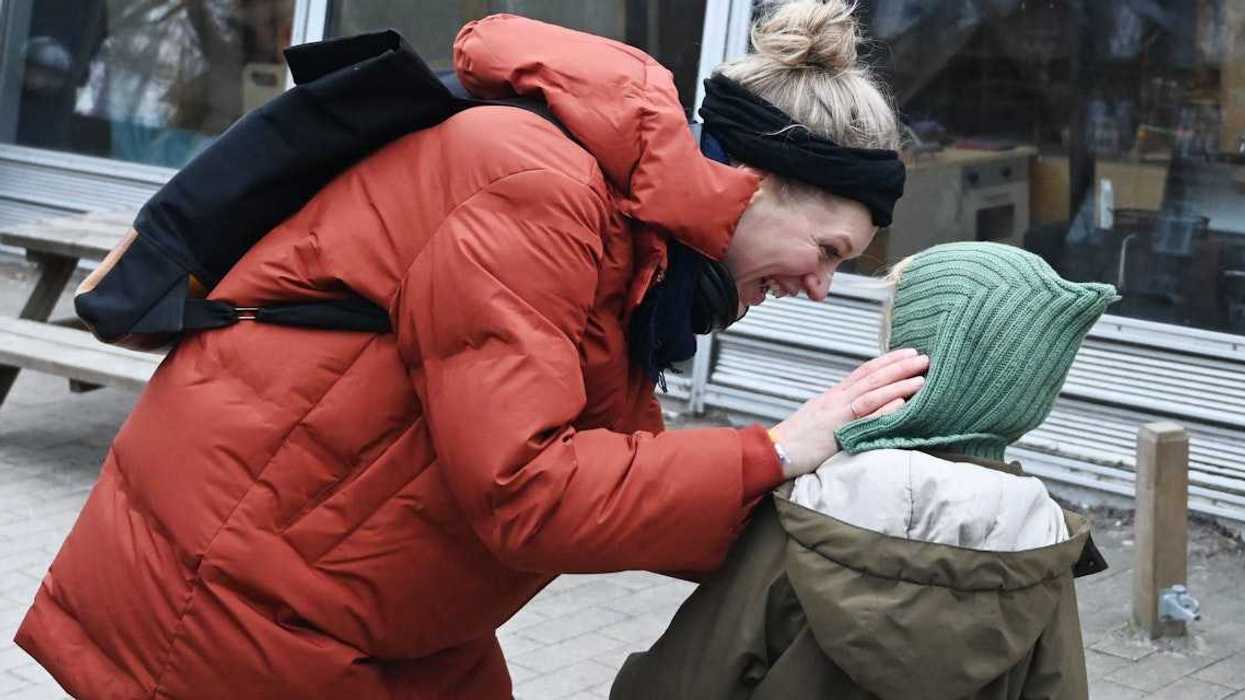


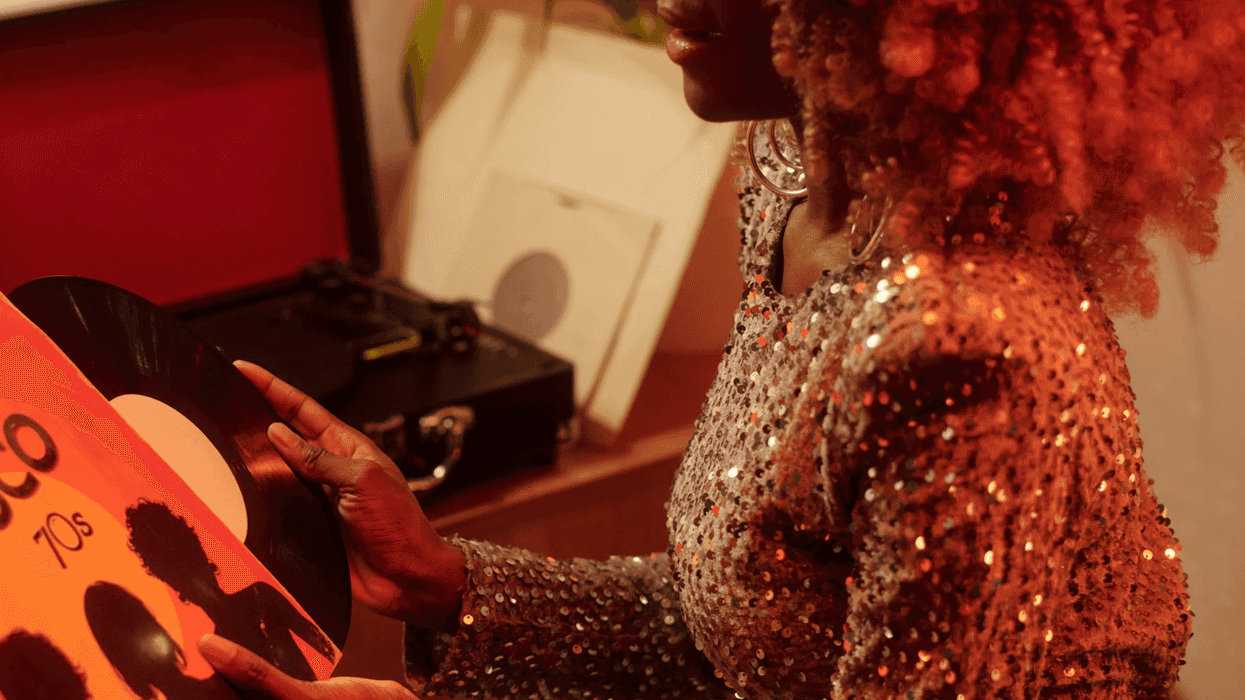







 A beluga whale frolicking in the oceanCanva
A beluga whale frolicking in the oceanCanva 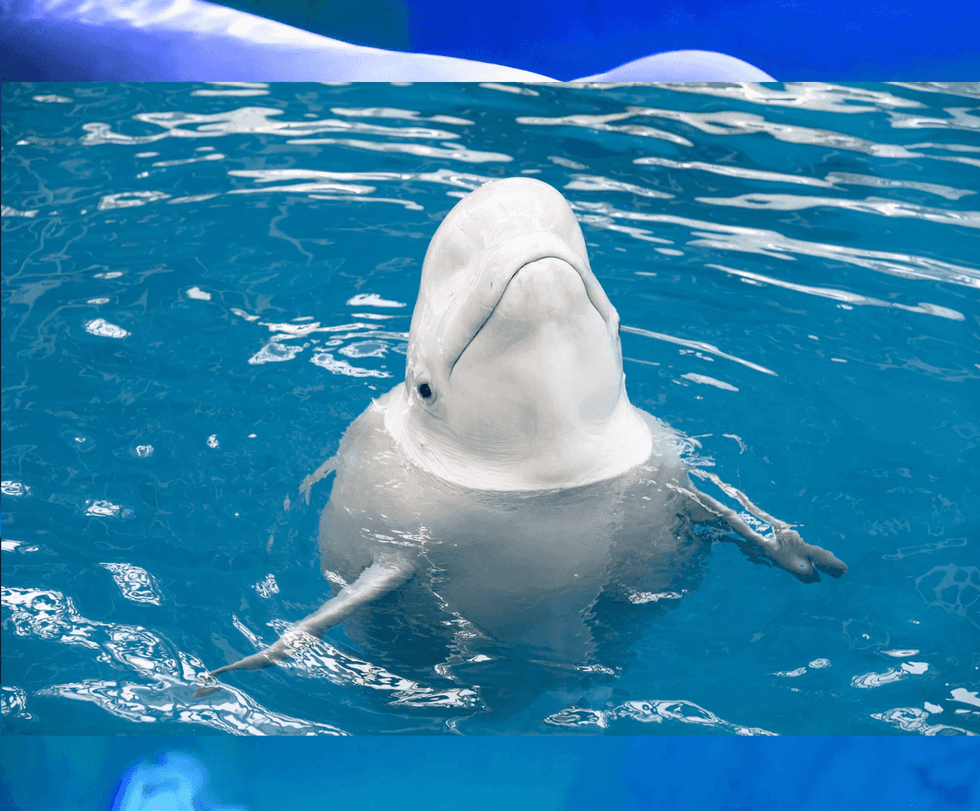 A beluga whale pops up from the waterCanva
A beluga whale pops up from the waterCanva 
 A woman sits in a new car at a dealershipCanva
A woman sits in a new car at a dealershipCanva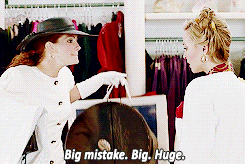 GIf from 'Pretty Woman' of Roberts saying "BIg mistake. Big. Huge." via
GIf from 'Pretty Woman' of Roberts saying "BIg mistake. Big. Huge." via 
 Siblings engaging in a pillow fightCanva
Siblings engaging in a pillow fightCanva

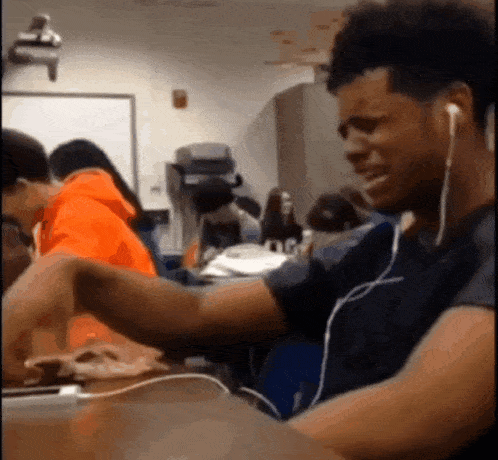 A young teen cries while listening to music via
A young teen cries while listening to music via 
 A young couple waits in line at a coffee shopCanva
A young couple waits in line at a coffee shopCanva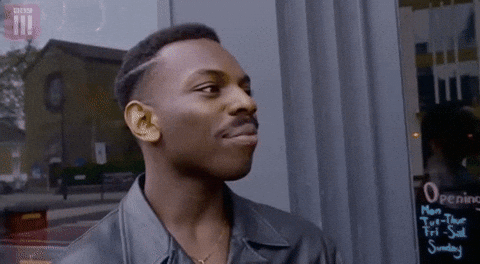 Gif of Eddie Murphy telling you to think
Gif of Eddie Murphy telling you to think